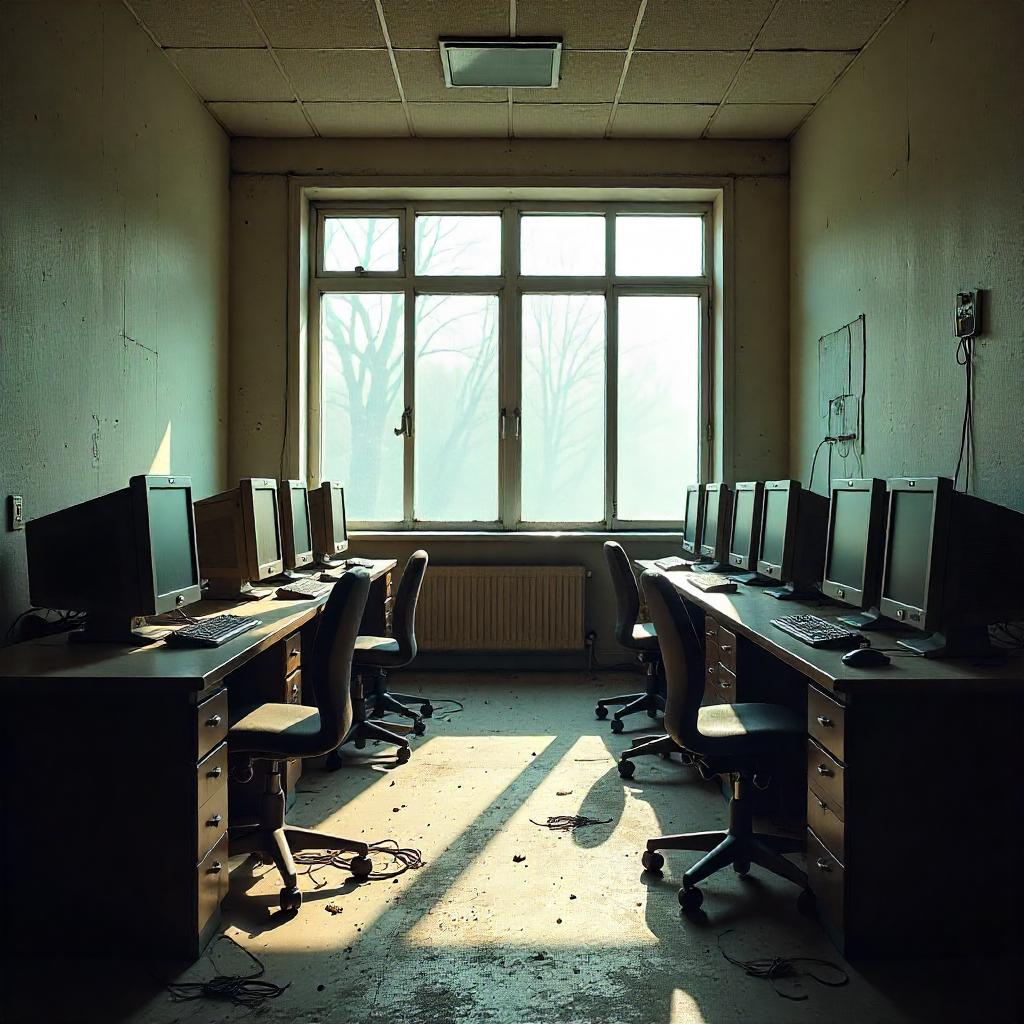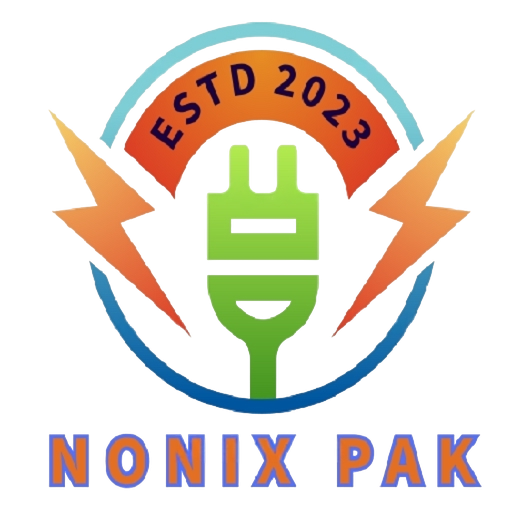Loss of Social Media
Loss of Social Media: Unplugging in the Digital Age
In an age where digital presence is nearly synonymous with existence itself, social media platforms like Facebook, Instagram, Twitter (now X), TikTok, and Snapchat have become integral to our daily lives. These platforms serve not only as spaces for personal expression and social interaction but also as powerful tools for business, activism, education, and entertainment. However, what happens when this digital infrastructure is removed—temporarily through outages or bans, or permanently by choice or circumstance?
The loss of social media, whether voluntary or involuntary, can be profound. This article explores the implications of such a loss from social, psychological, political, economic, and cultural perspectives, shedding light on both the drawbacks and surprising benefits that can emerge when we disconnect.
1. The Ubiquity of Social Media
Social media platforms have revolutionized how we communicate, share, and consume information. As of 2024, over 4.9 billion people worldwide are active social media users—more than half of the global population. For many, these platforms are the primary means of staying in touch with friends and family, receiving news, showcasing creativity, building communities, or promoting business ventures.
But what if all of it disappeared tomorrow?
2. Psychological and Emotional Impact
The psychological effects of losing access to social media can vary widely based on individual use and dependency.
a. Feelings of Isolation and Anxiety
For heavy users, especially young adults and teens, the loss of social media can trigger a withdrawal-like experience. Many people use these platforms as emotional outlets, to gain social validation, or to maintain relationships. When cut off:
- Anxiety about missing out (FOMO) intensifies.
- Feelings of loneliness may increase.
- People may feel disconnected from the world.
Studies have shown that abrupt disconnection can lead to short-term increases in stress or anxiety, especially among those who rely heavily on loss of social media feedback and virtual interaction.
b. Relief and Reconnection
On the flip side, many users report a sense of relief and mental clarity after distancing themselves from social media. Numerous digital detox experiments highlight benefits such as:
- Improved sleep and concentration.
- Lower levels of anxiety and depression.
- More time for hobbies, reading, and face-to-face interactions.
Thus, while loss may be painful initially, it often leads to re-evaluation of digital habits and an improved quality of life.

3. Social and Cultural Disconnection
Social media is more than just communication—it’s also a key player in shaping culture and public discourse.
a. Loss of Cultural Trends and Dialogue
Without social media, people may feel left out of ongoing cultural movements, trends, memes, or debates. Social platforms are often the birthplace of social justice campaigns, fashion trends, and viral art. Losing access may mean:
- A slower spread of important cultural and political ideas.
- Fewer opportunities for marginalized voices to be heard.
- Fragmented communication in global events or crises.
b. Community Disintegration
Many communities—support groups for mental health, marginalized populations, activists, or hobbyists—exist primarily online. The loss of such platforms can dissolve these communities and leave individuals unsupported or unheard.

4. Political Consequences
Social media has become a powerful tool in modern politics. From grassroots movements to government communication, its influence is undeniable.
a. Silencing Dissent
Authoritarian regimes often restrict or shut down social media during protests or unrest. For example, countries like Iran, Myanmar, or Pakistan have experienced social media blackouts during politically sensitive periods.
Loss of access in such cases leads to:
- Suppression of free speech and assembly.
- Inability to document or share human rights violations.
- Lack of real-time global awareness and support.
b. Reduced Propaganda and Misinformation
On the other hand, critics argue that social media also amplifies fake news, hate speech, and manipulative political campaigns. A shutdown could, theoretically, reduce the spread of disinformation—though at the cost of stifling legitimate voices.

5. Economic Repercussions
Social media isn’t just for entertainment—it’s a massive economic engine.
a. Business and Branding Disruption
Millions of small businesses rely on platforms like Instagram, Facebook, and TikTok for marketing, customer engagement, and direct sales. Influencers and content creators also depend on social media for income.
Loss of social media can result in:
- Sudden loss of customer reach.
- Decline in online sales and traffic.
- Broken communication with clients or audiences.
In economies where digital entrepreneurship is rising, such a disruption can be economically devastating.
b. Job Market Disruption
Social media also plays a role in recruiting, networking, and job discovery—LinkedIn being a prime example. Losing these tools can:
- Limit professional networking opportunities.
- Hinder job searches and recruitment efficiency.
- Cut off learning and upskilling content.
6. Educational Setbacks
Social media also supports education and learning—whether through YouTube tutorials, academic discussion forums, or live classes on platforms like Facebook Live or Discord.
Removing access may:
- Hinder informal learning and self-education.
- Limit engagement between students and educators.
- Disrupt communication for remote or hybrid learning models.
However, it may also reduce distractions and improve academic focus, particularly among students who struggle to manage screen time.
7. Security and Privacy Benefits
Ironically, the absence of social media can improve digital security and privacy.
- Fewer data breaches: No more worrying about leaked personal information or facial recognition scraping.
- Reduced surveillance: Both corporate and governmental tracking are curtailed.
- Lower risk of scams: With fewer phishing attempts and fake profiles.
In a world where cybercrime is rising, less digital exposure can offer a welcome layer of protection.
8. Environmental and Time Savings
Few consider the environmental impact of digital technology. Social media data centers consume vast amounts of electricity. Reducing usage can lower:
- Carbon footprints associated with digital streaming and cloud storage.
- Time wasted scrolling—an estimated 2+ hours per day on average per user.
Without social media, people may redirect that time to outdoor activities, in-person relationships, or civic engagement—potentially improving both environmental and personal health.
9. Moving Toward Balance
Rather than complete loss or constant use, perhaps the ideal path lies in moderation. As awareness of social media’s downsides grows, trends such as:
- Digital detoxing
- Mindful scrolling
- Setting screen-time limits
- Prioritizing real-world experiences
are becoming more common. Platforms themselves are beginning to include features to manage addiction, such as usage reminders and wellness tools.
Conclusion: A Double-Edged Sword
The loss of social media is not merely an inconvenience; it is a complex event with far-reaching consequences. While it can lead to short-term anxiety, economic loss, and social disconnection, it also offers an opportunity to reassess digital habits, improve mental health, and reclaim privacy and time.
As we move deeper into the digital era, it is crucial for individuals and societies to balance connectivity with consciousness. Social media is a powerful tool—but like all tools, its value depends on how we use it. Whether we choose to disconnect temporarily or are forced to go offline, the experience can serve as a catalyst for personal growth, social reimagining, and a healthier relationship with technology.

